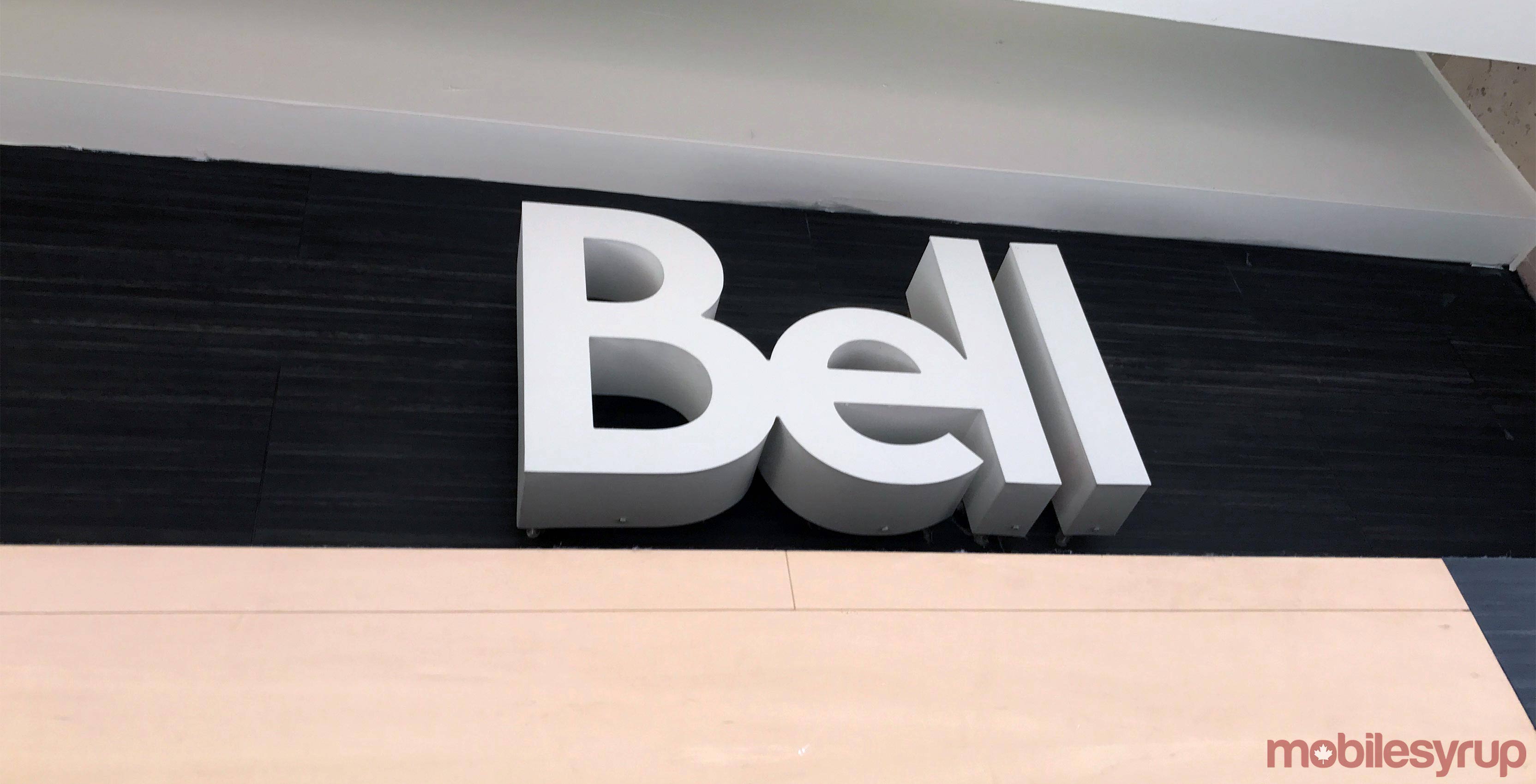
Bell’s president and CEO, George Cope, spoke on the recent decision by Canada’s telecom regulator to reduce wholesale roaming costs for its competitors during the company’s Q1 2018 earnings call today.
“Probably a little disappointed to see lowering of roaming costs to our competitors when they’ve been in the business eight or nine years and have had eight or nine years now to build their network. I question why we would reduce the cost to multi-billion dollar companies,” said Cope.
Cope was likely referring primarily to Shaw’s Freedom Mobile and Quebecor’s Videotron, two of the largest and most successful regional upstarts.
The decision Cope references came as part of the CRTC’s reconsideration of Wi-Fi-first MVNOs.
Though otherwise positive for the incumbents in shutting the door on a mandated wireless reselling market (at least for the time being), it required incumbents like Bell that sold wholesale wireless roaming service to smaller carriers, like Freedom Mobile, to refund a portion of their fees retroactively.
The decision resulted in a $14 million charge for the period May 2015 to December 2017.
Still, Coped stated that overall, the decision didn’t make too much of a dent in Bell’s Q1 2018 earnings.
“You can see how small it was given our numbers,” said Cope. “Although retroactive, [it was] somewhat immaterial for Bell.”
It wasn’t all criticism on the regulatory front, either. Cope said that generally the recent decisions made by the CRTC (headed by chairman Ian Scott as of July 2017) were consistent with “what we had expected and consistent with what the minister has been saying publicly.”
Minister of Innovation, Science and Economic Development (ISED) Navdeep Bains has espoused his commitment to bringing more competition and lower-price wireless plan options to the market.
Cope commented that the launch of its new prepaid brand Lucky Mobile was partly a strategic move to fall in-line with the government’s desire for more low-cost options. He added that it was also a market that Bell was not as successful in, and that it wants to tap into the business of prepaid to postpaid migrations — an area where competitors, like Telus and its sub-brand Public Mobile, are succeeding.
MobileSyrup may earn a commission from purchases made via our links, which helps fund the journalism we provide free on our website. These links do not influence our editorial content. Support us here.


